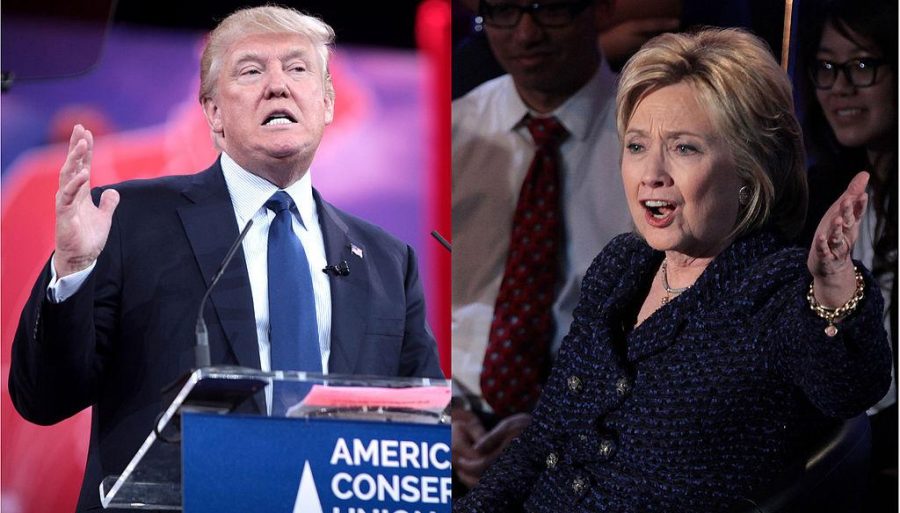Fifteen percent. That’s the magic number that a presidential candidate has to be polling at in order to get onto the debate stage on Sept. 26. However, unless Gary Johnson starts to poll in the upper twenties over the next week it’s unlikely that his average will reach that point. The Commission on Presidential Debates decides both this number and which polls will count towards that average.
But why fifteen?
The fact is simple: outside the debates, the only information many Americans will get about the candidates is through sensationalist journalism and partisan media outlets. Neither of these venues care about an outsider candidate who has little name recognition, like Johnson. Face-time with the American people is hard to come by, and it means everything.
When the first televised debate ran in 1960, the striking contrast in composure between John F. Kennedy and Richard M. Nixon propelled Kennedy to the White House.
In the 2012 Republican primaries, a series of debates helped Newt Gingrich skyrocket from 12 percent in the polls to over 30 percent.
During this year’s primaries, the eventual nominee, Donald Trump, was covered for over 230 hours of airtime between January and November. Ted Cruz, who went on to challenge him, was covered for just seven. Yet Ted Cruz was able to provide a very strong challenge to the frontrunner, winning eleven states and 25 percent of the popular vote, mostly because of strong debate performances.
In lieu of the debates themselves, there are really only three things that determine a candidate’s poll performance: money, name recognition and media exposure. For the Democratic and Republican candidates, polling numbers have been vetted somewhat through their own debates and widespread national conversation, but for third-party candidates, polling hasn’t been vetted at all. Most people don’t even know who the third-party candidates are yet. Their polling is really only tied to how much money they’ve spent on ads.
Considering these realities, it’s hard to justify a 15 percent minimum in order to qualify for the debates. The debates ill many roles. For one, they help narrow down the options for the American people. Yet for many Americans, the debates are the introduction, not the finale. It will be the first time they are exposed to the ideological differences between the candidates, rather than headline news like “Hillary Has Pneumonia” or “The Donald’s Hair Strikes Back.” By utilizing current procedures and criteria, the Commission on Presidential Debates forgets this role. It narrows the field before the candidates have been formally and fairly introduced. Almost 80 million people, a quarter of the U.S. population, will tune in to the presidential debate. If those people were already decided, why would they be watching? These people are tuning in for the knowledge, not to be force fed someone’s notion of who can win. It’s not the duty of the commission to select who’s viable. Using these rules, the debates only serve as an extension of the two party apparatus. It asks which two candidates will be able to win before Americans have developed an opinion on anyone other than the two major party candidates. So in effect it also answers the question, you’ve got to be a Democrat or a Republican to win. The commission’s criteria is based on the established and leaves no room for new ideas or people.
Other procedures should be used in place of current ones, especially since the two frontrunners have exceedingly low favorability ratings. The number of states where the candidate is on the ballot would be a much better indicator, as it shows widespread national support through public petition rather than through the media. Gary Johnson is on the ballot in all 50 states. If polls have to be used, they shouldn’t be national but instead should measure the volume of states where the candidate polls at a certain percentage. In Utah, Gary Johnson polls only three percent behind Donald Trump.
While the second and third presidential debates should be used to narrow down the choices, the first debate should serve to broaden the conversation, not restrict it. Even if third-party candidates don’t have a shot at winning, they should still have a place on the debate stage, even if it’s only to get new ideas and opinions heard.


